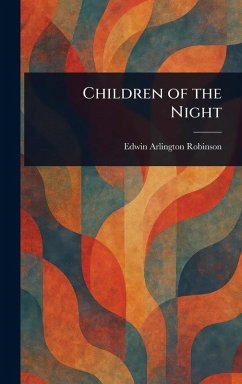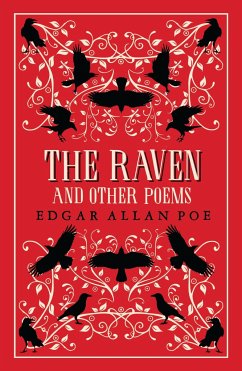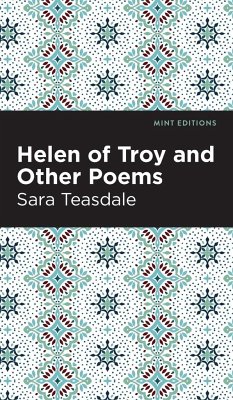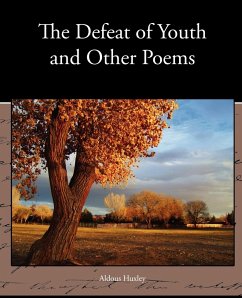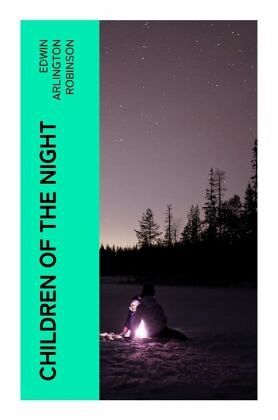
Children of the Night
Versandkostenfrei!
Versandfertig in 6-10 Tagen
9,60 €
inkl. MwSt.
Weitere Ausgaben:

PAYBACK Punkte
0 °P sammeln!
Edwin Arlington Robinson's "Children of the Night" is a profound exploration of the human condition, articulated through a series of lyrical and introspective poems. The work reflects the complexities of life, love, loss, and the inexorable passage of time, drawing the reader into a contemplative space enhanced by Robinson's masterful command of language. His use of vivid imagery and nuanced character sketches invites an emotional resonance that is both personal and universal, situating the collection within the broader context of early 20th-century American poetry, where themes of isolation a...
Edwin Arlington Robinson's "Children of the Night" is a profound exploration of the human condition, articulated through a series of lyrical and introspective poems. The work reflects the complexities of life, love, loss, and the inexorable passage of time, drawing the reader into a contemplative space enhanced by Robinson's masterful command of language. His use of vivid imagery and nuanced character sketches invites an emotional resonance that is both personal and universal, situating the collection within the broader context of early 20th-century American poetry, where themes of isolation and melancholy are prevalent. Robinson, a pivotal figure in American literature, emerged from a challenging upbringing in Gardiner, Maine. His encounters with struggle and disenchantment are mirrored in his poetry; the themes of despair and resilience found in "Children of the Night" reflect his personal battles with hope and artistry. Robinson's work gained critical acclaim, buoyed by his understanding of human fragility and strength, which he cultivated throughout his experiences as an outsider in literary circles. "Children of the Night" is an essential read for those seeking a contemplative and poignant exploration of life's intricacies. Robinson's compelling verse invites readers not only to reflect on their own experiences but also to connect with the broader human narratives of joy and sorrow. This collection is a testament to the enduring power of poetry to illuminate the depths of the human spirit.




